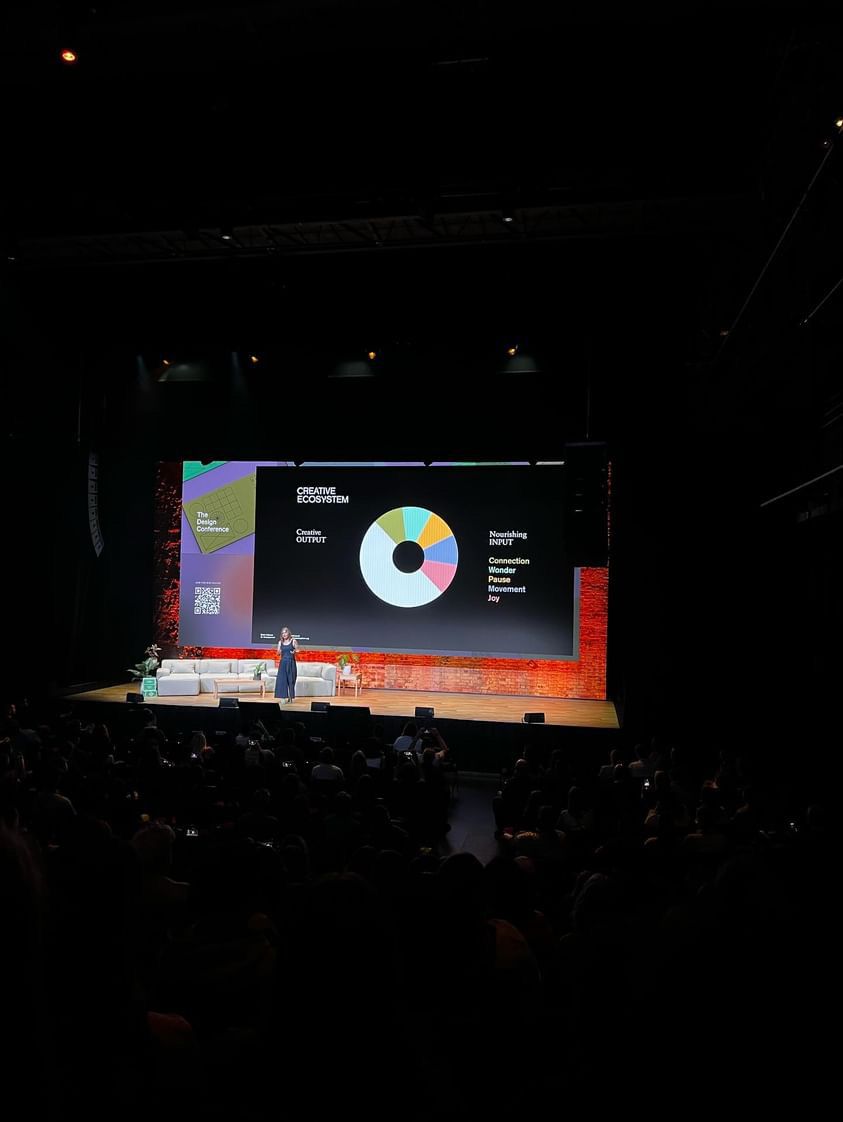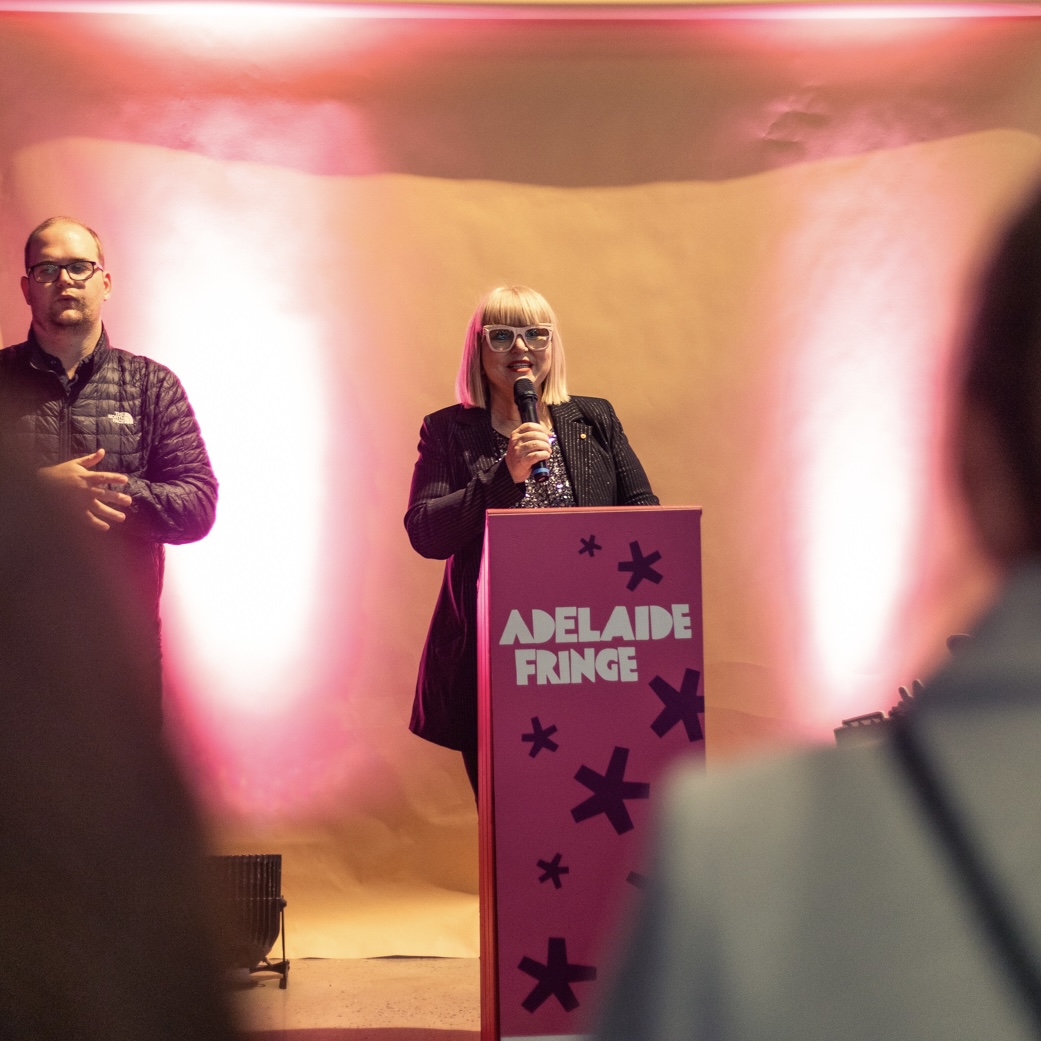It’s not you, it’s me.
Australia’s Tall Poppy syndrome has always kept the flower stems at lawn level here in Terra Australis. Stand out, stand up, speak out and get cut down.
Great copywriting and insightful art direction on the other hand have the power to withstand the blade. A great piece of communication can raise the threshold a society has for change and make room for the flowers to grow. There’s nothing more powerful than an idea who’s time has come wrote Victor Hugo (in like, 1862).
Is advertising reaching for the bleeding edge of social norms and progressive culture to connect with society’s optimism and desire for a better future? Are we growing market space with new ideas and connecting our clients in a meaningful way with their customers? Are our ideas of their time?

Lately I’ve been wondering.
Looking at our own business, our mix of people, our purpose, and most importantly – our work – I’ve been wondering.
Coming from a publishing background – an industry whose business model is (if not literally, then absolutely figuratively) on fire 🔥 – I expected advertising to be a pleasant sea change. You guys have the money and the power to make new norms and usher in progressive ideas that grow companies and society at the same time, right?
Ha!
At Cannes Lions awards this year three “effectiveness in advertising” geeks got up and told the industry that the world (pretty much) has ADHD.
Karen Nelson-Field broke down the decline in effectiveness as a result of the industry’s focus on measuring inward versus outward. “Relying on data that says an ad has been seen for 10 seconds is foolish, because the truth of that 10 seconds may be that the person is doing 10 different things at the same time.” The three “geeks” – Peter Field, Karen Nelson-Field and Orlando Wood were unanimous in their consensus that the shift in advertising from long-term brand building to short term sales activations has eroded effectiveness to staggeringly low levels. AKA: Advertising business model is broken.
Where I expected advertising would be all like, Nike, or Apple, or even Dollar Shave Club – fighting the good fight etc. – the truth is much more forgettable.
Karen presented a slide at Cannes that she felt particularly poignant:
“15 per cent of ads get 2.5 seconds of attention. The rest are just not noticed,” she revealed. This stat comes from research testing some 130,000 ads! “85% of ads sit below the attention memory threshold,” she said blithely.
My interpretation: Advertisers are wasting stacks of cash chasing attention in places that promote distraction. We are trying to distract the distracted.
Big tech and media companies (Google*cough*Facebook*cough*), are using complex maths to try and simplify the world and everyone in it into predictable groups with standard behaviours and easily identifiable consumer patterns. But while the tech-giants achieve unprecedented success by pushing increasingly incredible content that captivates the world – the world is starting to be held hostage, in a new state of inaction, unable (maybe unwilling) to do anything other than push digital buttons in the metaverse.
I’m not going to hide the fact our business has a couple of brilliant staff who dedicate their days to working with Google’s 70+ Million “signals” to try and put the most relevant products in front of you at the most opportune time. I’ve even had other colleagues confess they preferred the algorithm serving them relevant ads in Facebook than the junk they get now.
We didn’t need Karen to put 130,000 ads through the wringer to tell us advertising is increasingly irrelevant and forgettable.
The world of communication feels like a shallow place.
Robotic ads following us from our shopping cart through to our social media, stupidly showing us products we’ve already purchased, while the platforms feed us sponsored posts and recommended videos that are perfectly irrelevant to everything about me. “Yes I like comic book art,” I overheard an art director in the kitchen say recently. “No, I don’t give a shit about the next Marvel film,” he finished.
The problem with this robotic approach to content and communication is, quite simple – humans aren’t robots.
We’re deep.
Our curiosity, our motivation, our loyalty – all come from somewhere deep inside us. Pestering us with automated and repetitious advertising and content only builds contempt for brands and businesses who think their customers are everyone, everywhere, all at once. It’s wearing us out.
“Move me, dude” said Dan Wiedon. Our job is that simple.
Humans respond well to being considered, and assisted, and empowered. Technology can and will play a role – but humans must direct the intent.
You don’t need a study of 130,000 ads to tell you that we like being shown respect.
And yet so much of my world of communication shows nothing of the sort. Just more of the same shallow, and salacious content, click-bait, and robotic marketing.
So, our company has decided to go to war with shallow. Fuck it.
In the same way Groucho Marx didn’t want to belong to any club that would have him as a member, my desire to belong and play nice with the norms of advertising is equally offset by my desire for innovation and evolution. Evolution is the urge in all of us to stand apart and seek advantage by leading change. Poppies gotta grow, y’know?
So our company will fight apathy with empathy.
We will fight distraction with deeper, more meaningful connections.
And we will win (just as surely as we will lose).
The battle for inspiring ideas is the only battle worth fighting. As a great creative director once said, “changing the world is the only fit work for a grown [hu]man.”
So we’re breaking up with KWP, our ex.
With the past behind us, ‘X’ marks the spot. Here and now’s where we dig in.
Josh Fanning // Creative Director, kwpx

